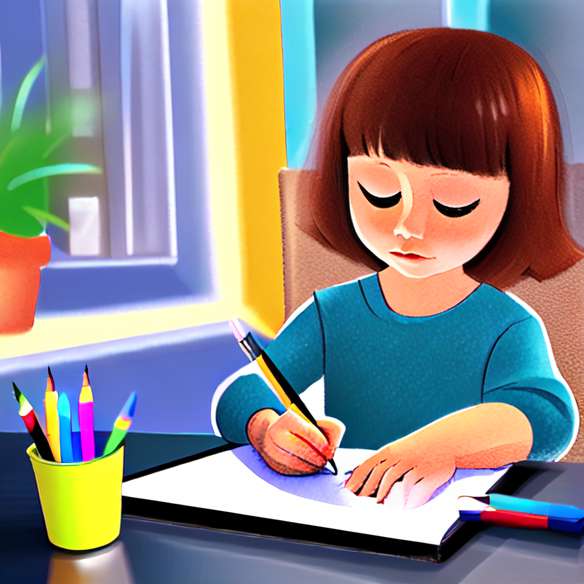School at two: the pros and cons

In France, according to the law, children French and foreigners can be welcomed at the age of 3 mother. They may also be admitted, subject to availability, if they have reached the age of 2 on the day of school entry, provided that they are physically and psychologically ready to attend (Source: Ministry of Education). 'National Education).
But how do we recognize that child less than three years old is ready for this new life? "There are two major evaluation criteria: 1) cleanliness control, 2) some language proficiency; child who expresses only very little is not ready for community life, "said René Macron, head of the schools to the National Education. Same observation for Béatrice Guerville, author of "Do not put your child to theschool, it's too small ! "and teacher:" the mother should not be imposed on little ones who can barely speak, and therefore can not express their distress or digest the explanations of adults. I believe that language is essential to get through this stage. "There is another criterion: psychological maturity." His assessment is more subjective and can lead to controversy. But anyway, the schooling of a child two years is primarily an agreement between the parents, the teacher and the school director. In case of disagreement, a procedure (with a report from a child psychiatrist) exists, but it is very rare that it comes to that. Generally, there is a compromise, for example theschool just in the morning to start, "says René Macron.
Is it profitable for children to go back to school so early?
In July 2001, the National Education publishes the works of Jean-Paul Caille insisting on the positive academic spin-offs, especially in ZEP, of four years of schooling. mother. The author points out, however, that the difference in achievement between students enrolled at 2 years and those enrolled at 3 is low. In 2005, INSEE concluded the same. For their part, teachers point out the possibility offered by early schooling to identify difficulties - particularly behavioral ones - and to "signal" them. Thus, some of the aids put in place very early with children and their families - psychological counseling, rehabilitation, speech therapy, etc. - can "save" them from a certain failure. Agnès Florin, professor in psychology of thechild and education at the University of Nantes, was initially favorable to early schooling. But his more recent work concludes that we can not isolate the only variable of age, because other parameters such as educational practices, family and school, come into play. On the other hand, for Ms. Florin, as for Mr. Macron, the expression " child two years "is already problematic: at this age, a quarter of difference is very important in terms of acquisitions.
In his book "L 'school at two years old. Is it good for thechild ? ", the former Defender of childrenClaire Brisset, believes that early schooling is a carrier, "in the current conditions", adverse consequences for thechild, which would result in particular reactions of loneliness, inhibition and aggressiveness, and adolescence in depressive, addictive or violent behavior. She quotes the linguist Alain Bentolila, who believes that "to school too early is to strengthen the ghetto". According to him, children 2 years old are learning the language between children and have at the entrance CP 300-350 words of vocabulary and not 900 to 1000 words like the others. "It is no longer a question of entering the learning of reading," he concludes. Finally, according to the latest OECD report, the French conception of preschooling is too close toschool and not attentive enough to the psychology of the small child.
Where are we in France?
One observation, first of all: whether we are for or against, the schooling of children two years is down. The rate increased from 35% in 2000-2001 to 24% in 2005-2006. The essential reason is Malthusian. It was necessary to focus on the mini-boomers of 2000-2001 and, as such, the 3-5 years, were the priority of nursery both in terms of locals and teachers. The reception of the 2 years / 2 years1 / 2 remains a priority mainly in ZEP and could find a higher rate as soon as the generation of the mini baby boom has been absorbed.
The point of view of the psychiatrist |
React on the forum








